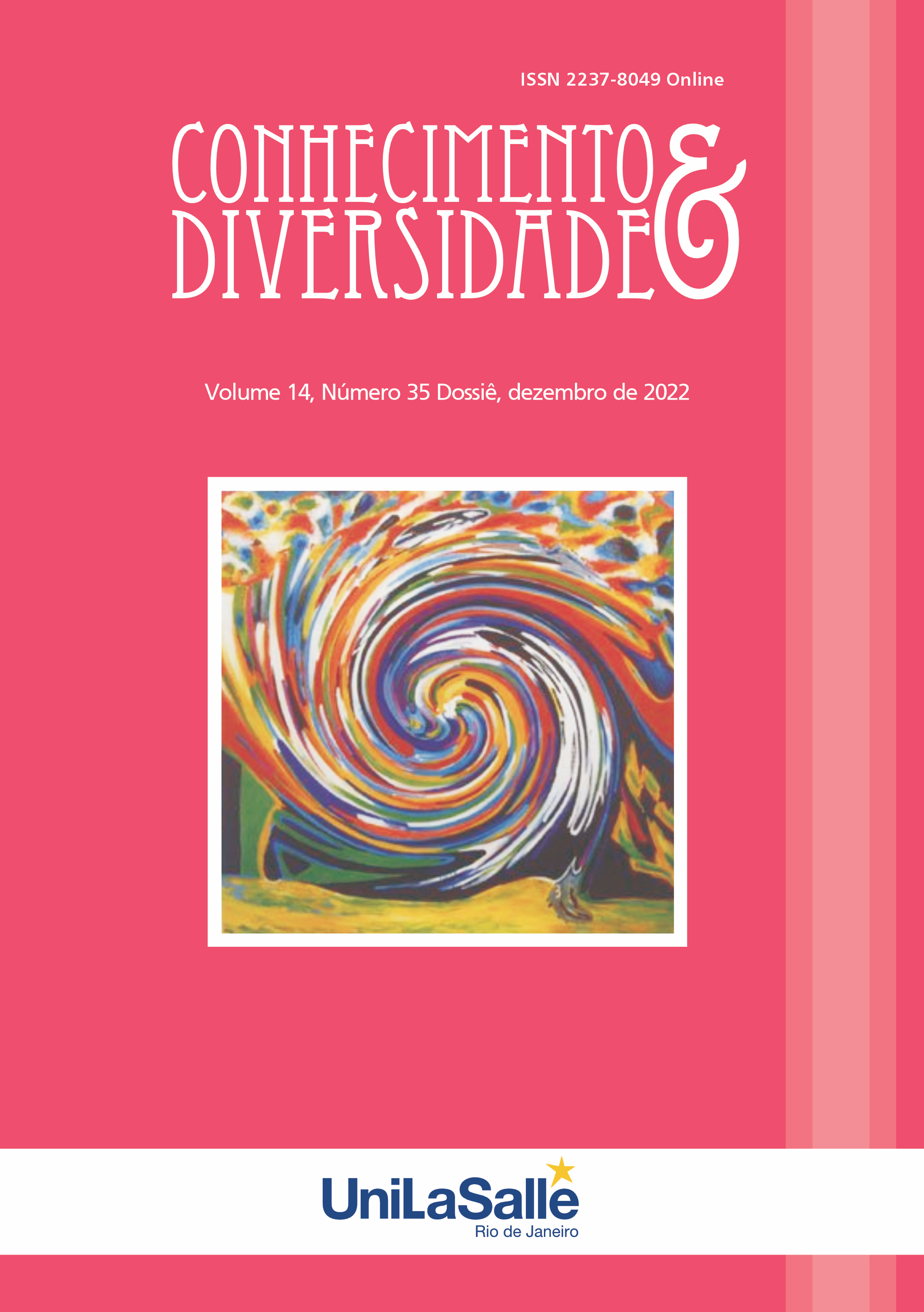Winter sports awareness levels of students taking ski lessons
DOI:
https://doi.org/10.18316/rcd.v14i35.10659Palavras-chave:
Winter Sports, Sports Science, StudentResumo
This study examines the winter sports awareness levels of the students who take the optional ski course at Erzurum Technical University, Faculty of Sport Sciences, and Faculty of Engineering, according to various variables. The data were collected from the students who took the optional ski course in the 2021-2022 academic year with the help of questionnaires. A total of 145 students, 87 male, and 58 female students, participated in the study using the quantitative research model. A questionnaire technique consisting of two parts was used in the research. In the first part, the "Personal Information Form" was used to determine the demographic characteristics of the participants. The "Winter Sports Awareness Level Scale" was used in the second part. Frequency analysis, kurtosis, skewness test, One-Way Anova analysis, t-test, and correlation analysis were used in the study. The study found a moderate, positive, and significant relationship between the sub-dimensions of winter sports awareness levels. According to the gender variable of the students participating in the study, no significance was found in the awareness levels of winter sports. According to the department variable, in the affective sub-dimension, the engineering faculty students were significantly higher than the sports science faculty students. In addition, according to the variable of where you live, it was determined that the students living in the cities were significantly higher than those living in the villages at the level of winter sports awareness. As a result, it can be said that the gender variable is not a distinguishing variable on the level of winter sports awareness. According to the age variable, it was determined that the winter sports awareness levels of the students aged 23-25 were significantly higher than the students aged 26 and over.Downloads
Publicado
2022-12-20
Edição
Seção
Artigos
Licença
Conforme recomendado pelo o Public Knowledge Project, a RCD adota para seus artigos uma licença CREATIVE COMMONS: Atribuição CC BY 4.0.
Esta licença permite que outros distribuam, remixem, adaptem e construam sobre o seu trabalho, mesmo comercialmente, desde que lhe dêem crédito pela criação original.
Esta é a licença mais adequada oferecida.
Recomendado para a máxima divulgação e uso de materiais licenciados.



